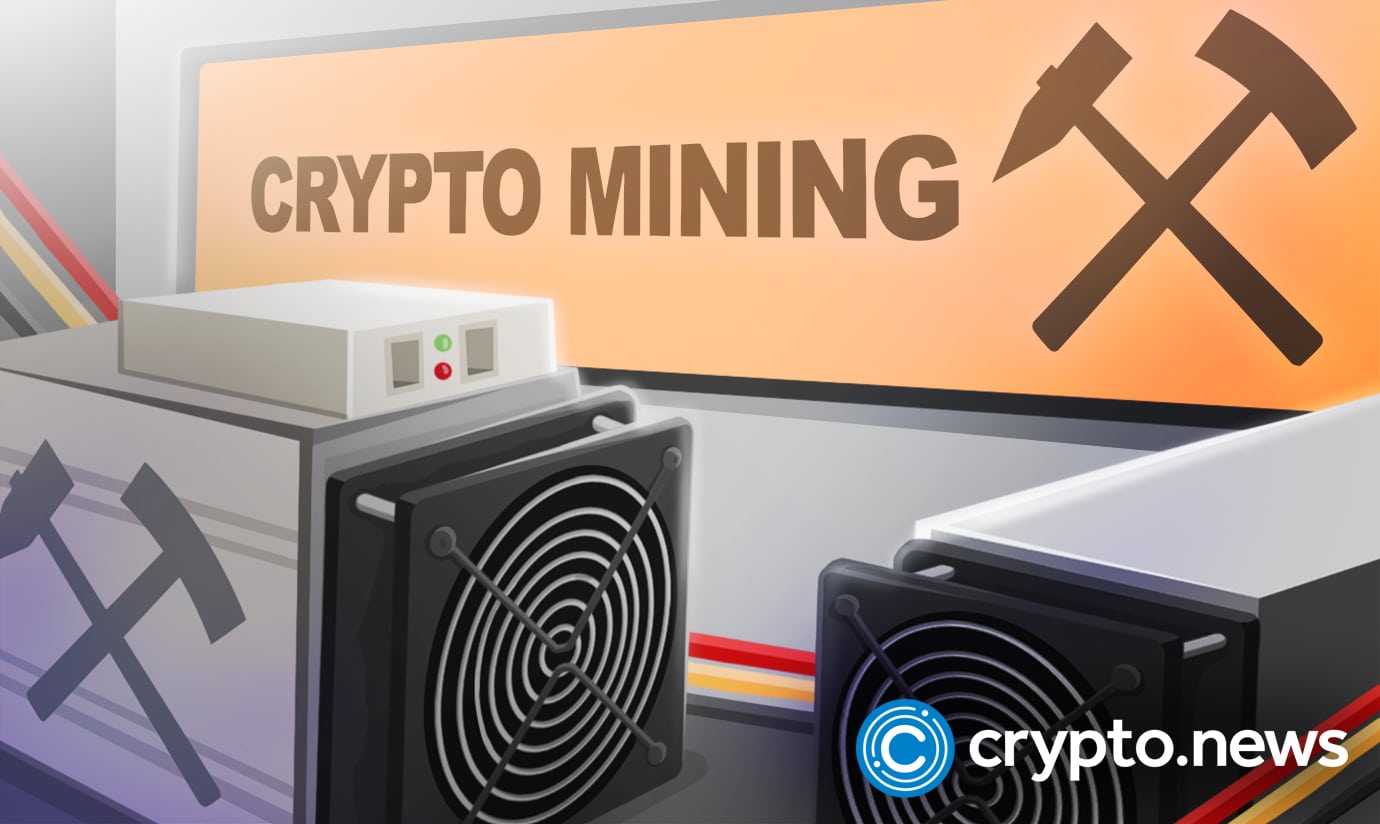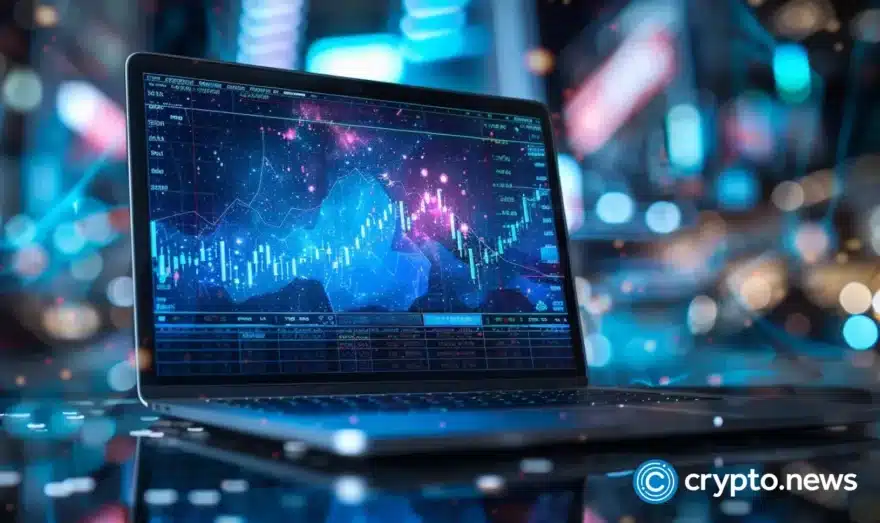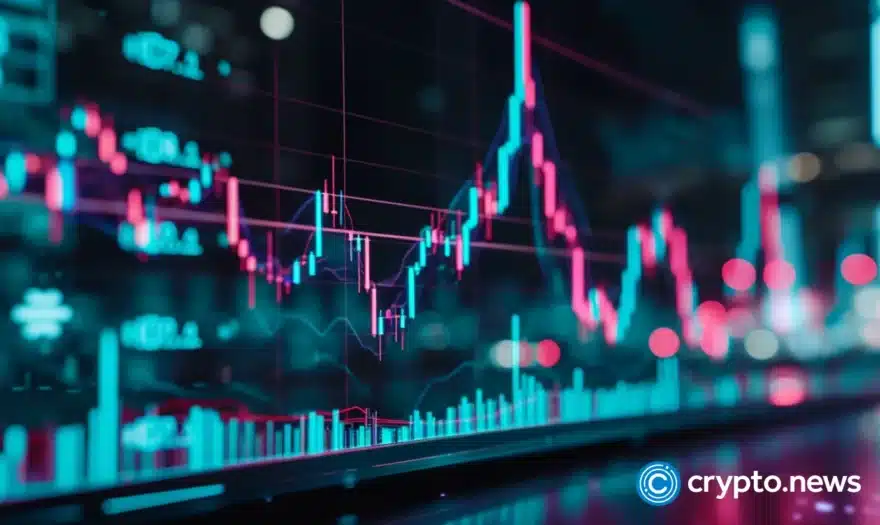Does Inflation Affect Crypto Mining Activity?

According to Arcane Research, the mining difficulty of BTC has continued to surge upwards, hitting a new all-time high. This is a result of the struggling prices the token faces. As the mining hash rate grows, the difficulty in mining crypto increases, leading to smaller profits for miners. Nonetheless, does the ongoing global inflation numbers hike besides bear markets also affect mining activity? This article explores the effects of inflation on mining activity.
Inflation
Inflation occurs when a currency loses value over time, increasing consumer prices. The US Bureau of Labor Statistics reports that the CPI-U (Customer Price Index for All Urban Customers) increased by 1% in May. The report explains a 9.1% increase in the item index within the past 12 months.
For a long time, financial analysts considered cryptocurrencies resistant to inflation since their value increases over time. As such, this made crypto a popular store of value. However, the current plunge in the crypto market has investors thinking otherwise. Tech giants like Tesla and Microstrategy lost billions due to inflation in the past few months. Tesla has also recently liquidated 75% of its BTC holdings.
Crypto like Bitcoin has grown in value over the past few years, reaching an all-time high of $69,000 in late November 2021. However, the recent fall in the crypto market has shed BTC prices, whose price lurked around $22,504 at the time of writing. One of the detailed reasons behind this plunge is high inflation rates that have peaked since 1981.
Also, Ethereum experienced a dip of 7.44 %, establishing an 18-month low for the coin. Other cryptos like SOL (-9.2%), DOT (6.1%) and XRP (-3.13%) experienced the same downtrend caused by high inflation.
Crypto Mining
Crypto mining is the act of adding valid blocks to a blockchain. It comprises a group of computers associated with finishing an equation which grants rewards in the form of cryptocurrency. This is only successful upon managing to validate a block. The common cryptocurrencies following this validation pattern include Bitcoin, Ethereum, Bitcoin Cash, and Litecoin.
Proof of Work (PoW) is a crypto consensus mechanism that verifies the accuracy of new blocks added to a blockchain. PoW applies in crypto mining to mine new tokens and validate new transactions. In simpler terms, this mechanism is an underlying algorithm that sets the rules and difficulty in mining. It guides the work miners do.
Mining involves solving complex cryptographic hash puzzles to verify the blocks updated on the blockchain. Using sophisticated equipment, miners get crypto rewards that are then released into circulation. However, the more a cryptocurrency is mined, it will likely experience inflation. Consider Bitcoin, officially forged as digital gold to mimic actual Gold, also experiences inflation.
Particularly, if Bitcoin’s purchasing power reduces vs the fiat currencies it is compared to, the crypto’s annual inflation rate is a vital factor to consider. Take stablecoins as another example; when pegged to fiat currencies, stablecoins can lose value since these reserve currencies are subject to inflation.
Connection Between Crypto Mining and Inflation
Like most services and products, crypto prices are subject to laws of demand and supply. As such, the profitability of mining cryptocurrencies directly affects the asset’s price. No miner wants to sell crypto if the price doesn’t match the cost of creating the token. The value of a mined token is achieved by factoring in the electricity cost by region, hash power focus, and the number of Bitcoin ASICs chips in existence. Currently, as the crypto market faces a downhill, everyday miners risk making no gains from the rewarded crypto coins.
Following the inflation rates hitting the stock market, the crypto market has tumbled, affecting the mining processes. According to F2Pool, as a result of the downtrend in BTC’s price, mining machines such as Avalon A9 and S11 moved towards price shutdown. This implies that crypto mining is becoming unprofitable to some miners.
Possible Scenario
Considering BTC’s peak in November 2021, its price has dropped by 50%, and experts predict the mining hash rate difficulty will keep rising in future. It implies that mining will be much more complex, leading to smaller miner profits. During a bull run, mining becomes more profitable for miners, while bear runs shrink their profits.
Since the last halving event in 2020, miners have been getting a 6.25 BTC reward for each block successfully created. Factoring in the inflation scenarios, the rewards won’t be as valuable as they would in a bull run. Take, for example, last year during its peak to prices hovering at $40,000; a miner would have higher profits when selling their rewards. With 6.25 BTC rewards, the amount gained in selling the tokens would be priced at $250,000. During this bearish spell in the crypto market, where BTC hovers around $20,000, miners will get a $125,000 gain in selling their rewards.
Conclusion
The introduction of cryptocurrencies was meant to solve major problems faced by fiat currencies, including centralization and inflation. The cryptocurrency market met a boom during the pandemic but has fallen precipitously since November 2021. The sell-offs of emerging assets have experienced a halving in their global market value as of January 2022, from $3 trillion to $1.5 trillion. Most cryptocurrencies come from mining, and these digital assets have been exceptionally volatile.
Inflation impacts mining cryptocurrencies, regardless of being considered a popular store of value. Cryptocurrencies are no longer a safe haven during inflation, and the current market trend is proof. The underlying factors to this downhill are hikes in planned interest rates and sell-offs in the traditional stock market. As such, this undercuts one of crypto’s advocates: being a hedge against inflation.
However, the Federal Reserve is planning interest rate hikes in 2022 to stem the wave of inflation. Regardless, the three planned hikes won’t solve the inflation challenge if the issues are the supply chain bottlenecks.














